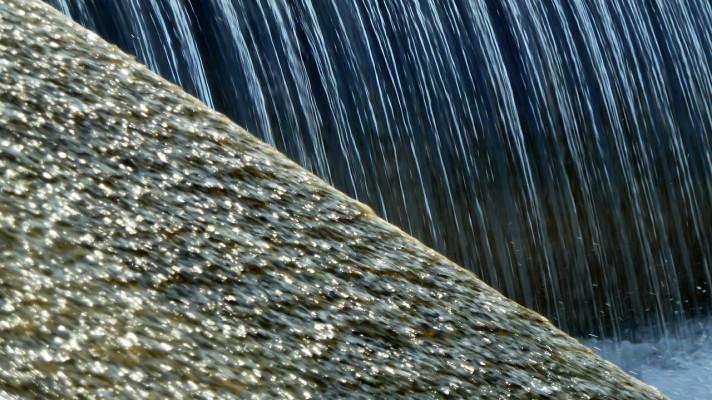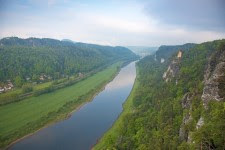Sixteen-year reduction in levels of toxic PAHs in the Elbe River, Saxony
Polycyclic aromatic hydrocarbons (PAHs) are a large group of toxic molecules
produced by forest fires, industrial processes and the incomplete combustion of
fossil fuels. The airborne particles containing these molecules are often washed
into watercourses, where they can persist. This study uses long-term monitoring
data from the Elbe river, Saxony, Germany, to show how changes in PAH sources
affect both the concentrations of these chemicals and the corresponding
environmental risks. The researchers suggest that controlling PAHs is the best
prevention of harm to aquatic and human health.
https://www.enviweb.cz/116209
|
|
Polycyclic aromatic hydrocarbons (PAHs) are a large group of toxic molecules produced by forest fires, industrial processes and the incomplete combustion of fossil fuels. The airborne particles containing these molecules are often washed into watercourses, where they can persist. This study uses long-term monitoring data from the Elbe river, Saxony, Germany, to show how changes in PAH sources affect both the concentrations of these chemicals and the corresponding environmental risks. The researchers suggest that controlling PAHs is the best prevention of harm to aquatic and human health.
|
|
|
 |
|
|
Sdílet článek na sociálních sítích


